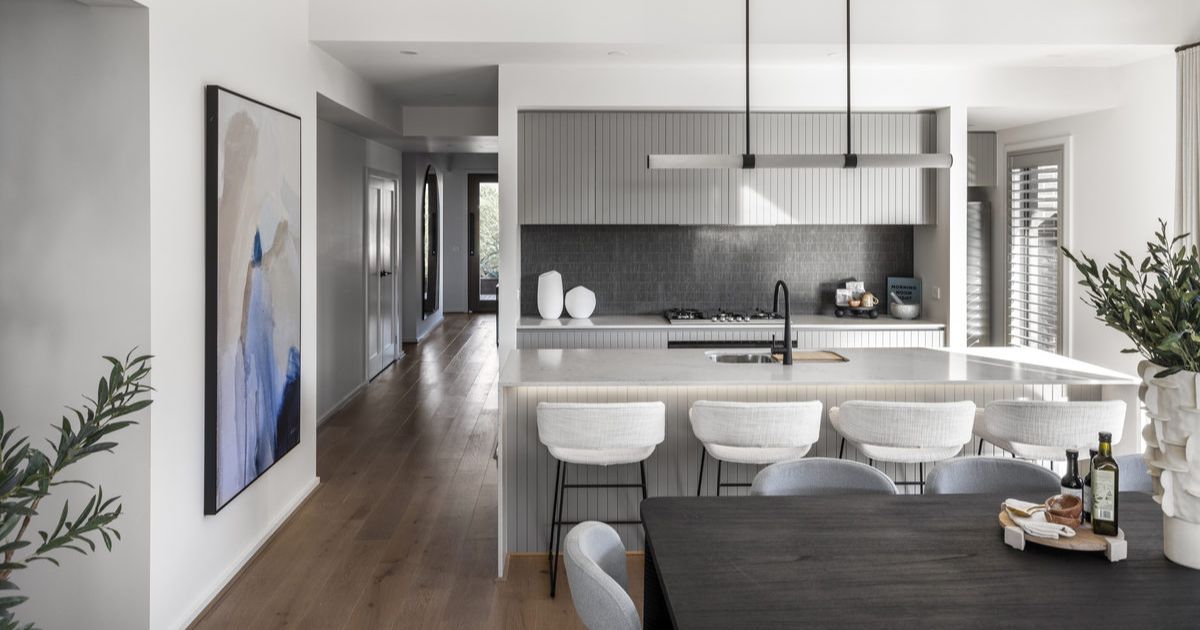Suburb by suburb snapshot – East Bendigo
The size of East Bendigo is approximately 11.2 square kilometres with the population recorded 2011 was 2153 people and by the 2016 Census it was down to 2100 showing a population decline of 2.5 per cent in the area during that time.
East Bendigo, a residential and industrial suburb, is east of the Bendigo to Echuca railway line and north of the McIvor Highway.
It extends north to the suburb of White Hills, but the actual White Hill (231 metres) is in East Bendigo.

The railway has a line running west to Kerang and until 1958 was also the junction for the line from Heathcote to Bendigo.
The railway junction made it a convenient transport point for livestock shipped to the Bendigo saleyards in Charleston Street.
The saleyards had an adjacent council abattoir and the Victorian Co-op meat freezing works (1922) in Strickland Street.
There were other industrial activities like the Charleston Street sawmill, the Bendigo flourmill (1912), a hardware supplies yard and a council road-making depot.
There was also the Newmarket hotel at the Nolan Street corner and the Fleece Inn at the Lloyd Street corner.
The increased population led to a primary school opening in Strickland Road in 1916.
After World War I a progress association was formed which helped to get a swimming pool built in 1931, made of red gum sides and a sand base, near the saleyards.
After World War II the East Bendigo bowling club (1946) opened next door.
All the major industrial activities have departed, the saleyards were relocated to Maiden Gully, west of Bendigo, the abattoirs closed in the 1970s; the railway workshops, which employed over 400 workers making and repairing locomotives and rolling stock in the 1980s, were downsized in the 1990s and strangled into closure in 2002.
CoreLogic data indicates that the predominant age group in East Bendigo is 20-29 years with households in East Bendigo being primarily childless couples and are likely to be repaying $1000 – $1399 per month on mortgages. In general, people in East Bendigo work in a professional occupation.
In 2011, 64.1 per cent of the homes in East Bendigo were owner-occupied compared with 61.2 per cent in 2016.
TIDBIT:
East Bendigo’s earliest large industrial site was the Victorian Railways workshops, constructed in stages from 1911 to 1917.
Population: 2100
Male: 47.6%
Female: 52.4%
Median age: 44
5-year population change: 2.5%
House median value: $433,000
Change in Median Price: (5yrs) is 26%
Median asking rent per week: $355
Average length of ownership: 11 years
Owner occupiers:63%
Renters: 37%
House median sale price:
January 2021: $375,000
January 2020: $390,000
January 2019: $320,000
January 2018: $330,000
January 2017: $301,750
House sales per annum:
Period ending January 2021: 44
Period ending January 2020: 35
Land median sale price:
January 2021: $374,000
January 2020: $302,000
Land sales per annum:
Period ending January 2021: 14
Period ending January 2020: 7



















